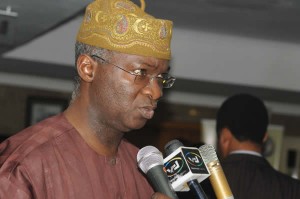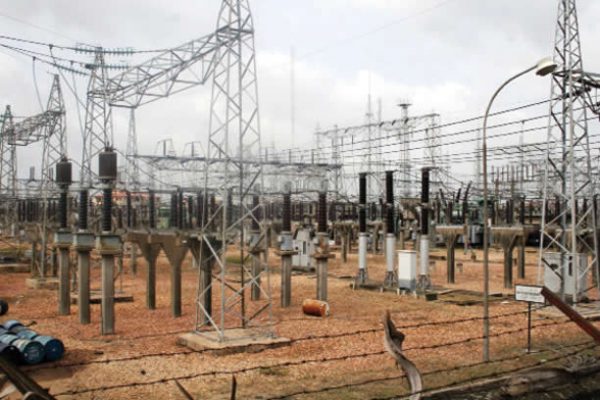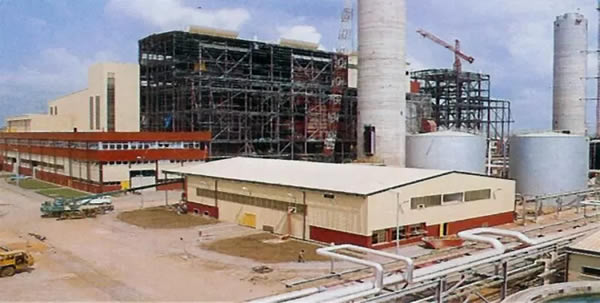Eight power firms reject 1,337MWH despite poor supply

Eight power distribution companies rejected 1,336.75 megawatts-hour of electricity, representing 19 per cent of the total quantum of power supplied to them by the Transmission Company of Nigeria.
Industry data obtained by our correspondent in Abuja on Tuesday showed that Kaduna, Eko, Jos, Yola, Port Harcourt, Abuja, Ibadan and Benin Discos rejected the 1,336.75MWH of power in the third quarter of this year, despite the instability in the supply of electricity across the country.
Specifically, in the month of July, a total of 318.83MWH, which was three per cent of the total energy delivered to the Discos, was rejected by four of the firms.
In July, the Kaduna Disco’s rejection of 132.99MWH made it the highest in the month. The Eko Disco rejected 67.46MWH; Jos, 63.05MWH; while the Yola Disco rejected 55.33MWH.
In the same month, the Port Harcourt Disco took in the highest quantum of power at 441.43MWH; Kano accepted 397MWH; while the Enugu Disco collected 302.49MWH.
In August, there was an increase in load rejection by the distribution companies to the tune of 541.56MWH, which was four per cent of the total energy delivered to them as against the 318.83MWH delivered in the previous month.
The Port Harcourt Disco rejected the most quantum of power with a total of 239.88MWH, followed by the Eko Disco with 134.8MWH.
In the month under review, five Discos took excess load beyond their Multi-Year Tariff Order allocation to the tune of 187.21MWH. The Abuja Disco took the most, with 132.81MWH; followed by the Kaduna Disco, with 23.21MWH; Ibadan, 16.24MWH; and Enugu, 12.42MWH.
Further analysis showed that September saw the rejection of 476.36MW, representing 12 per cent of the total energy delivered to the Discos. It was, therefore, the highest load rejection in the quarter.
The Abuja Disco rejected 94.72MWH, followed closely by Port Harcourt, with 92.35MWH; Ibadan was next with 67.14MWH; and the Benin Disco turned down 46.40MWH.
Among all the Discos, only Kaduna accepted power beyond its MYTO allocation, taking in 65.96MWH in excess of its MYTO allocation.
Earlier this year, the Managing Director, TCN, Abubarkar Atiku, told journalists in Abuja that consumers were not able to benefit optimally from the supply of electricity because the distribution companies were rejecting the loads allocated to them to avoid paying for the power.
Atiku had said, “On the issue of rejecting load, I will say yes; it is still happening. I don’t want to mention the distribution companies that are guilty, but they know themselves. Most of them are load-shedding 11 feeders to two-three hours.
“This is simply because they cannot pay to the market operator or to the system the invoice that is given to them that they consume. So, they use that technique or method to deny customers power.”
However, the Association of Nigeria Electricity Distributors, an umbrella body for the Discos, said, “In view of the dire need for generation, as well as the generation thresholds in the Discos’ tariffs, which constitute the basis of their revenue recovery, it is inconceivable to think that any Disco would load-shed as described, thereby diminishing its revenue prospects and alienating its customers.”








